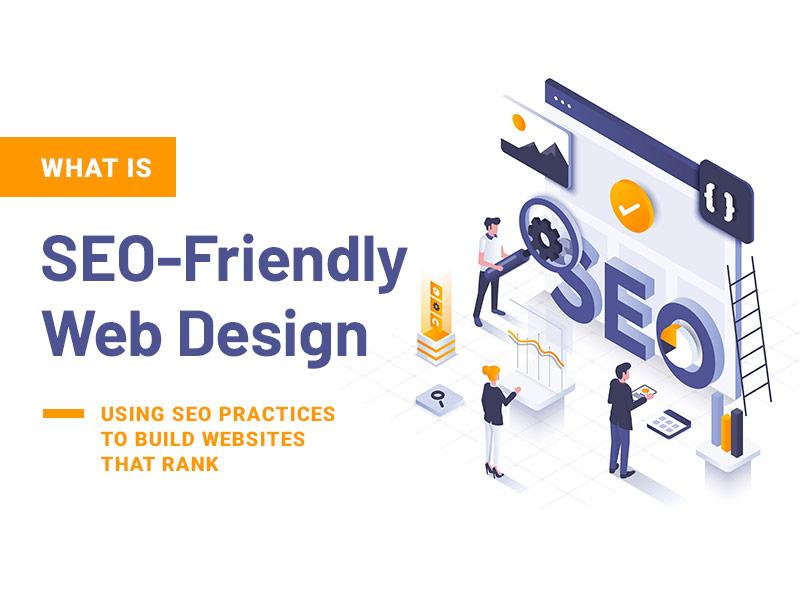In the digital age, having a website is akin to having a virtual storefront. But what good is a storefront if it’s hidden in an alley? That’s where SEO comes in. Search Engine Optimization is the digital equivalent of placing your store on the main street. In 2023, SEO is more crucial than ever for businesses to thrive online. In this article, we’ll explore key strategies for designing an SEO-friendly website that not only attracts visitors but also converts them into loyal customers.
8 SEO-Friendly Website Design Tips
1. Mobile-First Design
The world is on the move, and your website should be too. In 2023, a mobile-first approach is not just a recommendation, it’s a necessity. With most users accessing the internet via smartphones, your website must be optimized for mobile. This means faster loading times, responsive design, and easy navigation on smaller screens. Google’s mobile-first indexing prioritizes mobile-friendly sites, making this a non-negotiable for better search rankings.
2. User Experience (UX) Focus
User experience has become a pivotal aspect of SEO. A website that’s easy to navigate, visually appealing, and provides valuable content will naturally retain visitors longer, reducing bounce rates. Integrating elements like clear call-to-action buttons, a logical site structure, and engaging visuals can significantly enhance UX. Remember, a satisfied visitor is more likely to return and recommend your site to others.
3. Quality Content
Content is the king in the realm of SEO. In 2023, this mantra holds truer than ever. High-quality, original content that resonates with your audience can set you apart from competitors. Your content should not only be informative and relevant but also updated regularly to keep your site dynamic and interesting. Incorporate keywords naturally, focusing on creating content that addresses your audience’s needs and questions.
4. Site Speed and Performance
A slow website is a fast turn-off for visitors. Site speed is a critical ranking factor for search engines. Optimize images, leverage browser caching, and minimize HTTP requests to enhance your site’s loading speed. Regularly testing your site’s performance can help identify areas for improvement, ensuring a seamless experience for users.
5. Secure and Accessible Website
Security is paramount in today’s digital landscape. Ensure your website uses HTTPS encryption to protect user data. Additionally, making your website accessible to all users, including those with disabilities, is not only ethical but also expands your audience reach. This includes using alt text for images, ensuring screen reader compatibility, and having a clear, readable font.
6. SEO-Friendly URLs and Site Structure
SEO URL structure should be simple and descriptive. Avoid long, complicated URLs and opt for shorter ones that include keywords relevant to the page’s content. A well-organized site structure aids both users and search engines in navigating your site, improving the chances of higher rankings.
7. Effective Use of Keywords
While keyword stuffing is a practice of the past, strategically placing relevant keywords throughout your site is still essential. Conduct thorough keyword research to understand what your target audience is searching for and incorporate these terms naturally in your content, headings, and meta descriptions.
8. Social Media Integration
Social media is an invaluable tool for increasing your website’s visibility and driving traffic. Incorporate social media sharing buttons on your content and actively engage with your audience on various platforms. This not only enhances your online presence but also signals to search engines that your content is valuable and shareable.
Conclusion
In conclusion, creating an SEO-friendly website involves a blend of technical know-how and an understanding of your audience. By focusing on mobile optimization, user experience, quality content, and technical aspects like site speed and security, you can significantly boost your website’s search engine rankings. Remember, SEO is an ongoing process, and staying updated with the latest trends and algorithms is key to success.
For those seeking professional assistance in navigating the complex world of SEO, a Pittsburgh SEO agency can offer tailored solutions and expertise to elevate your website’s ranking and online presence.







